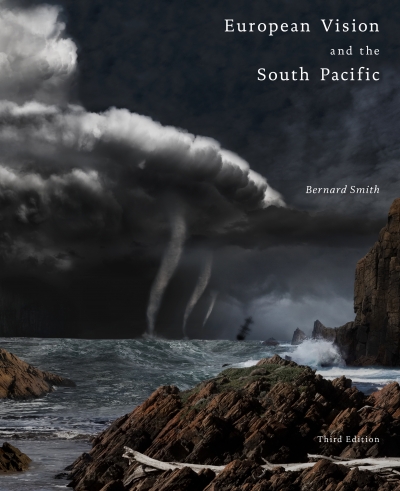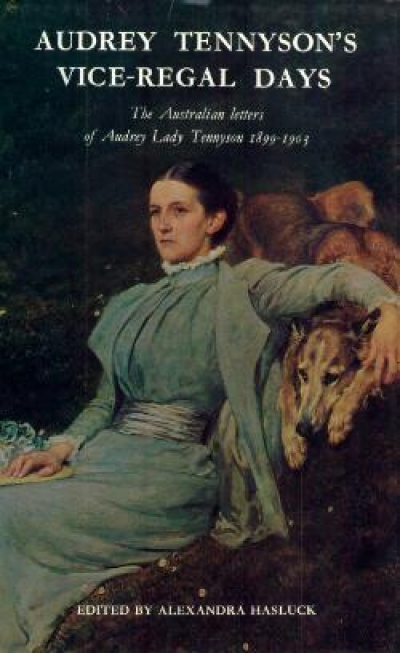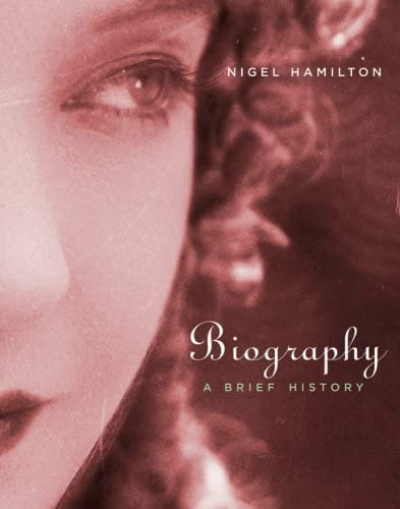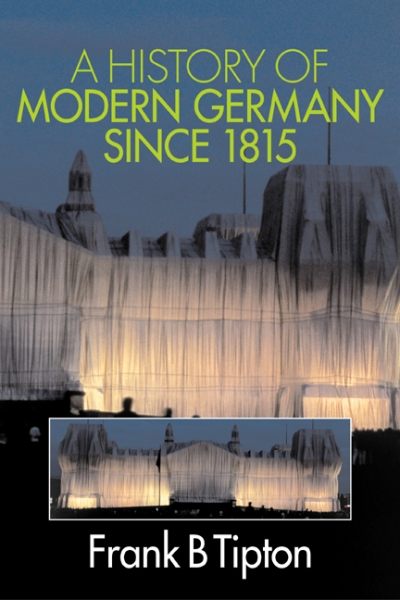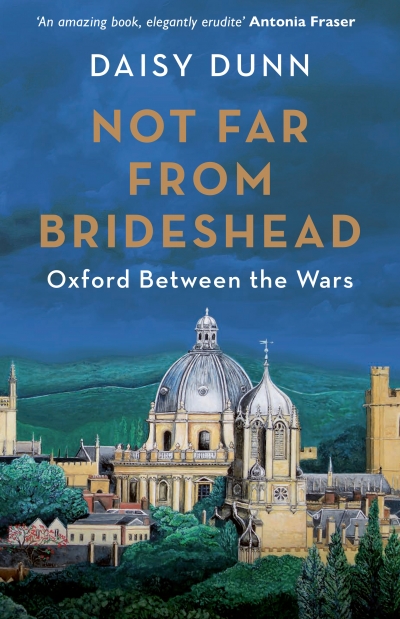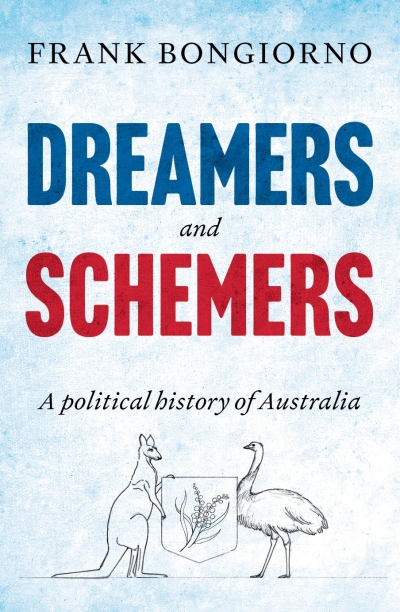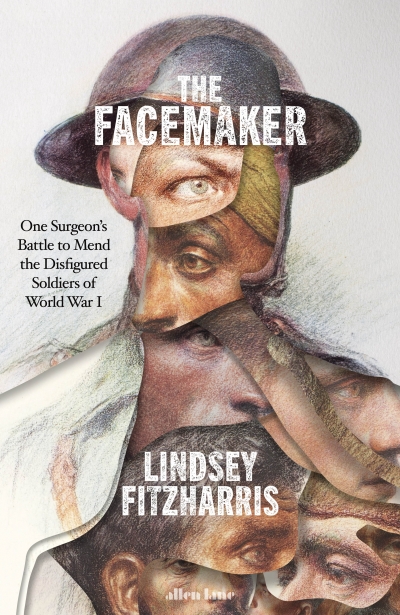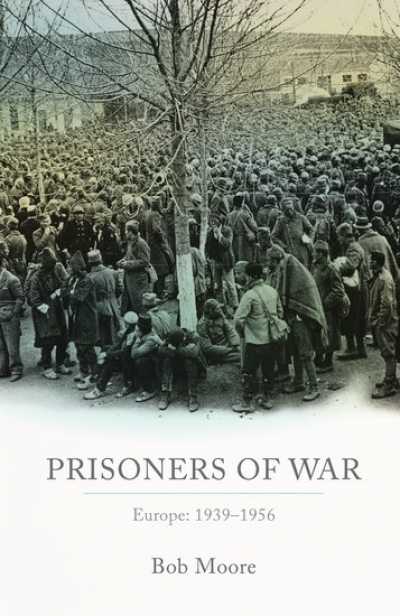History
European Vision and the South Pacific, Third Edition by Bernard Smith
In the 1990s, I was a doctoral student at the University of Melbourne writing on the representations of race in the School of Historical Studies. Geoffrey Dutton’s White on Black: The Australian Aborigine portrayed in art (1974) and Bernard Smith’s European Vision and the South Pacific were essential reading. Over the subsequent three decades, interest in Dutton’s White on Black seems to have languished, but Smith’s magnum opus remains an indispensable text. Writing in Meanjin in 1960, Robert Brissenden noted that European Vision was ‘an extremely valuable and distinguished piece of work, one to which historians and scholars in many fields will be gratefully indebted for a long time’. I doubt he could have possibly imagined that sixty-two years later we would be reading the third edition of this monumental work, now edited by Smith’s biographer, art historian Sheridan Palmer, with an excellent introduction and contextual essay by Palmer and Greg Lehman.
... (read more)Audrey Tennyson's Vice-Regal Days edited by Alexandra Hasluck
Audrey Tennyson, in a letter to her mother in January 1903, wrote: ‘About my letters … would you ask somebody to buy at Harrods a japanned tin box for holding them … the great thing is to keep them together as if they are in several places they are likely to get put away and forgotten. I am afraid they won’t be worth publishing but they may be of great interest to the boys some day – and Hallam might perhaps make use of them for a book on Australia.
... (read more)Beginning with a lament on the lack of serious academic attention that has been paid to biography, despite its enormous popularity and importance, Nigel Hamilton seeks to make good part of this deficit by providing an overview of its history and development. The account he offers is engaging and remarkable in its breadth and scope. It is customary for more literary histories of biography to begin in the classical world with Plutarch or Suetonius, and to end with the ‘new biography’ of the 1920s and 1930s. Hamilton, by contrast, begins with the first depiction of a real human drama in a prehistoric cave painting, and ends with a discussion of the death of Dolly, the cloned sheep. This latter issue is not merely frivolous on his part, but leads to a discussion of the ways in which biography might be written in a new technological world in which individuality, as currently understood, ceases to exist as life becomes technologically created, standardised, and processed.
... (read more)Books, of course, should not be judged by their covers. In this case, however, the choice of cover illustration – the historic Reichstag veiled in silver fabric by the Bulgarian–American ‘wrap artist’, Christo – seems unusually significant, and not only because the author devotes his concluding remarks to it (more about that later). German history is a well-ploughed field. With library shelves groaning under the weight of books on the subject, only the narrowest studies, aimed at specialised markets, will offer much that is really new. The only justification for yet another narrative history of modern Germany – and with a title as blandly generic as this one – is therefore that a familiar story will be presented in a new wrapping.
... (read more)A Patchwork Life by Eva Marks & Point of Departure by Pamela Hardy
Eva Marks was nine years old and living in Vienna when Kristallnacht forced her family to leave Austria. Although her parents separated early, there was no shortage of money during her first nine years. Her mother ran a successful business manufacturing exquisite accessories for fashionable women, which involved occasional travel. At these times, Eva was left in the care of her grandmother and her two aunts, who were as independent and strong-willed as her mother. An only child, only niece and only grandchild, she was greatly indulged, although conscious that she lacked siblings and happy parents.
... (read more)In the middle of 2022 researchers at the Kirby Institute at the University of New South Wales announced that Covid-19 had infected more than half of Australia’s twenty-six million people. The number came not from polymerase chain reaction tests, nor from the results of rapid antigen home tests, but from the sampling of Australian blood banks. After all the tables, graphs, and pressers, the serosurvey demonstrated that the virus was everywhere among us and inside us, reconfiguring our bodies as well as our social and political worlds.
... (read more)Not Far from Brideshead: Oxford between the Wars by Daisy Dunn
Oxford is not what it was once. We scholars swot too hard. Even the Bullingdon has lost its brio. It’s hardly surprising that this Age of Hooper has ushered in a cottage industry of aesthetes’ nostalgia, for many sense that the time when students could still be boys, and boys could be Sebastian Flyte, was just more fun. No reports, recorded lectures, or Research Assessment Exercises to interrupt the heady days of evensong, buggery, and cocktails (to paraphrase Maurice Bowra’s infamous utterance).
... (read more)Dreamers and Schemers: A political history of Australia by Frank Bongiorno
'The history of the Victorian Age,’ wrote Lytton Strachey a century ago, ‘will never be written: we know too much about it.’ Instead, he continued, he would ‘row out over that great ocean of material, and lower down into it, here and there, a little bucket, which will bring up to the light of day some characteristic specimen … to illustrate rather than to explain’ (Eminent Victorians, 1918).
... (read more)The Facemaker: One surgeon’s battle to mend the disfigured soldiers of World War I by Lindsey Fitzharris
Two millennia before ‘pretty privilege’ became a TikTok talking point, Publilius Syrus averred, ‘A beautiful face is a mute recommendation.’ The opposite is also true. Facial disfiguration, whether congenital or acquired, can be psychologically and socially debilitating.
... (read more)This is a difficult book to read, not because of its length (nearly 500 pages without references); nor because of its density. It is because this study of prisoners of war in Europe during World War II documents suffering on an almost unimaginable scale. In this theatre of war, more than twenty million servicemen and servicewomen fell into enemy hands. Millions did not survive captivity.
... (read more)
